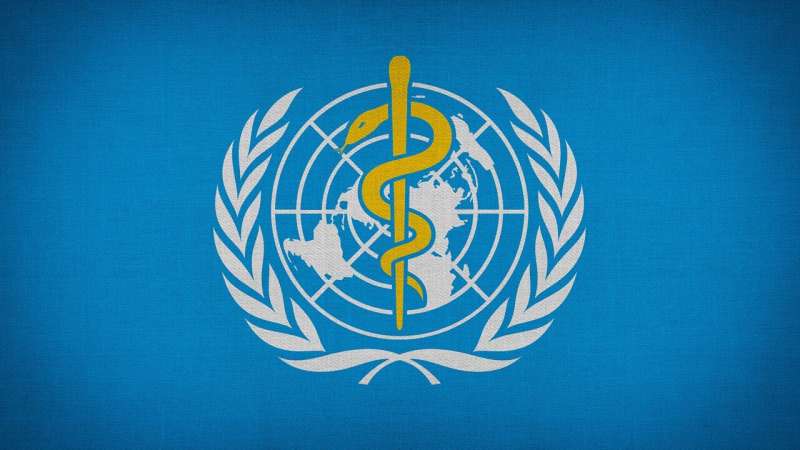WHO Supports Access to Affordable Weight-Loss Medications and Promotes Generic Alternatives

WHO recommends key weight-loss medications for global use and urges the production of affordable generic versions to improve access in developing countries, aiming to combat obesity and related health issues worldwide.
The World Health Organization (WHO) has recommended several prominent weight-loss medications for global use, emphasizing the importance of making these drugs accessible in developing countries through affordable generic options. For the first time, WHO has added certain GLP-1 receptor agonists, including semaglutide—found in medications like Ozempic and Wegovy—and tirzepatide, used in Eli Lilly’s Mounjaro, to its list of essential medicines for adults worldwide.
These drugs have gained widespread popularity for their effectiveness in promoting significant weight loss, particularly among individuals with obesity or related health issues. Over 3.7 million deaths in 2021 were linked to overweight and obesity-related illnesses, surpassing the combined toll of infectious diseases such as malaria, tuberculosis, and HIV.
Despite their potential to save lives, the high costs associated with GLP-1 medications—sometimes exceeding $1,000 per month in the U.S.—pose a significant barrier to access in poorer nations. In response, WHO is advocating for increased generic competition to reduce prices and expand availability. Research indicates that generic versions, especially semaglutide produced in India, could be mass-produced at around $4 per month, potentially transforming global access.
Experts like pharmacology researcher Andrew Hill have urged pharmaceutical companies such as Novo Nordisk and Eli Lilly to prioritize global distribution at affordable prices. The patents for semaglutide are set to expire in countries like Canada, India, and China next year, opening the door for more generic producers.
Originally developed to treat diabetes, GLP-1 drugs have shown promise in addressing other health challenges, including addiction. Recent studies suggest they may also reduce risks of hospitalization and premature death among patients with heart conditions.
With more than 800 million people living with diabetes and one in eight worldwide classified as obese, expanding access to these life-saving medications could significantly impact global health. Additionally, WHO is including a range of cancer drugs in its essential list, underscoring its focus on broad healthcare improvements.
Stay Updated with Mia's Feed
Get the latest health & wellness insights delivered straight to your inbox.
Related Articles
Genetic Variations Associated with Obsessive-Compulsive Disorder Unveiled Through Sequencing Study
A groundbreaking DNA sequencing study uncovers rare genetic variations connected to obsessive-compulsive disorder, paving the way for improved understanding and future treatments.
How Improved Software Choices Can Reduce US Healthcare Expenses
Optimizing electronic health record systems and improving interoperability can significantly reduce claim denials, helping to cut overall healthcare costs in the US.
Understanding the Risks of Achilles Tendon Injuries
The Achilles tendon is vital for movement but highly susceptible to injuries like ruptures, especially in athletes. Learn about causes, treatment, and recovery options.
Innovative Mathematical Models Enhance MRI Accuracy in Brain Blood Flow Imaging
New computational models developed at Children's Hospital Los Angeles improve MRI accuracy for brain blood flow measurements, aiding diagnosis of neurological conditions.



